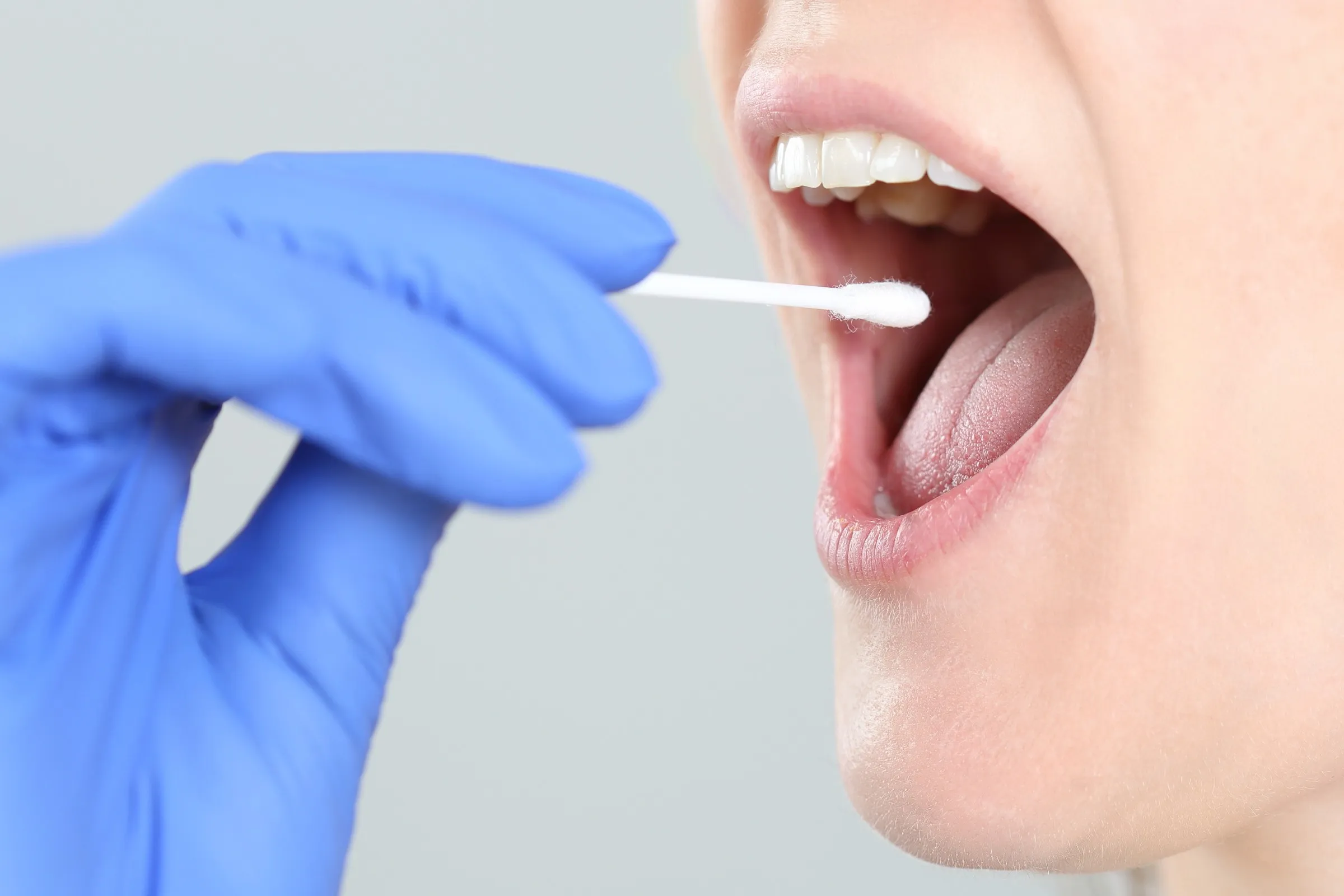Medical Research Highlights Cheek Swab's Ability to Predict Lifespan

Understanding the Impact of Cheek Swab in Medical Research
What if you could predict how long you’ll live? A new test based on medical research into biological aging and molecular markers offers a glimpse into the future of predicting lifespan. This test, based on the CheekAge technology, analyzes biological age simply by swabbing the inside of your cheek.
CheekAge: Advancing Medical Research
Published in Frontiers in Aging, this significant study showcases how CheekAge measures biological age through a next-generation epigenetic clock. Utilizing different biological markers from body parts, this technology demonstrates an innovative approach to determining mortality risk.
- Over 1,500 participants aged 67 to 90 were analyzed.
- The tool showed great reliability despite using blood samples instead of cheek cells.
- CheekAge predicted mortality more accurately than traditional epigenetic clocks.
Researchers noted that CheekAge could reveal a remarkable difference in predicted longevity -- those with younger biological age markers had significantly better survival outcomes. While still in development, this non-invasive tool could represent a major leap forward in healthcare technology.
Future Prospects of Predicting Lifespan
As scientists continue to refine the CheekAge tool, its potential application in clinical settings could revolutionize how doctors assess biological aging and mortality rates. This innovative approach, requiring only a cheek swab, promises to enhance accessibility and affordability for patients in the future.
This article was prepared using information from open sources in accordance with the principles of Ethical Policy. The editorial team is not responsible for absolute accuracy, as it relies on data from the sources referenced.